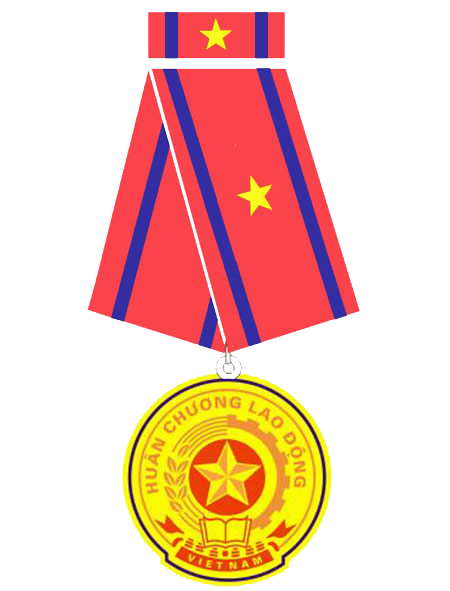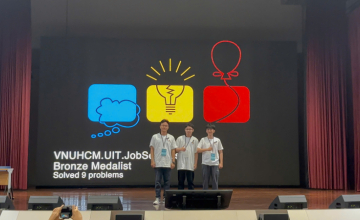Ho Chi Minh City and the Southern region are entering a period of intense heat. The scorching heat is not just a weather phenomenon but also a clear sign of climate change. The Earth is warming up, and the increasing frequency and intensity of heatwaves are clear indicators of this situation.
Heatwaves not only cause discomfort but can also impact our health. Common health issues during the hot season include heat exhaustion, heatstroke, or sunstroke. The main causes are prolonged exposure to hot conditions without adequate rest and hydration, or sudden temperature changes.
- High-Risk Groups for Heat-Related Issues
Elderly individuals, children, and women: They are less tolerant to extreme heat.
Outdoor workers: Laborers, farmers, athletes, sports coaches, delivery personnel, agricultural workers, and those working in brick kilns or steel mills.
Individuals with chronic diseases: Cardiovascular diseases, chronic obstructive pulmonary disease, asthma, diabetes, liver issues, cancer, etc.
- How to Prevent Heat-Related Illnesses?
Stay hydrated: Drink water regularly throughout the day, avoiding excessive intake at once.
Limit exposure to the sun: Avoid outdoor activities from 10 a.m. to 4 p.m. If you need to go outside, protect your body from the sun by wearing a mask, sun hat, long-sleeved clothing, gloves, and socks. Choose breathable fabrics that absorb sweat.
Rest and acclimate to the temperature: If you are in an air-conditioned room, allow time for your body to acclimate to the outdoor environment before going outside.
Maintain a balanced diet: Increase the consumption of green vegetables and fruits, include soups in your daily meals. Ensure adequate water intake and avoid excessive consumption of coffee or alcoholic beverages.
Exercise and boost immunity: Regular physical activity helps keep the body healthy.
- Advice for Those Working in Hot Weather:
Schedule work hours: Work during the coolest times of the day, such as early morning or late afternoon. Limit working in high-temperature environments.
Take regular breaks: After 45 minutes to 1 hour of work, take breaks in a cool place for 5-10 minutes.
Protect your body from the sun: Minimize sun exposure, especially on the neck and shoulders. Use personal protective equipment such as hats, helmets, sunglasses, and workwear. Wear loose, breathable, and sweat-absorbing clothing. Use sunscreen to protect the skin.
Stay hydrated: Drink water regularly during working hours. Especially, consider drinking beverages with added salts and minerals, such as Oresol, for those who sweat a lot. Avoid alcoholic drinks.
Cool the workplace: Use shades, reflective materials, insulation, water spray systems, misting, air conditioning, and ventilation systems.
Adequate nutrition: Provide sufficient nutrients, vitamins, and minerals. Consume a variety of foods such as fish, meat, eggs, vegetables, and fruits to boost immunity. Avoid fast-absorbing sugars like soft drinks and candies.
Ho Chi Minh City Center for Disease Control (HCDC)
For more details, visit: https://ctsv.uit.edu.vn/bai-viet/cach-thich-nghi-va-bao-ve-ban-trong-mua-nang-nong
Ha Bang - Media Collaborator, University of Information Technology
Nhat Hien - Translation Collaborator, University of Information Technology







